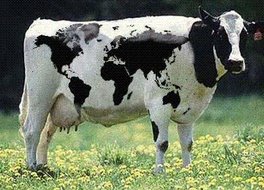Okay,
this is fiction. It doesn't feel like it, but it is. Really. Defoe was only a child during the plague. These are not his memoirs.
Still, he captures a few problems that will be experienced in such situations:
- if quarantine is forced on a population, they will do what they can to get out of it
- people will panic too much and too soon, but they will also recover from their fear too soon
- the poor suffer the most from epidemics because they have to work to eat
Just for the understanding of those points,
A Journal of the Plague Year would be worthwhile. I find it amusing reading, too, but I'm an epidemiologist -- I like the lists of numbers of infections, the exact representations of deaths, the debate on the best control measures. I love the consideration (in the 18th century!) of diagnostic bias and its effect on understandings of the mortality bills. Really, if you like epi, you should read this book.
If you don't like epi, and you don't like old non-fiction (this doesn't read like fiction, I'm serious), then you won't enjoy this. It's a dry account of 'what happened' during the great London plague.

No comments:
Post a Comment